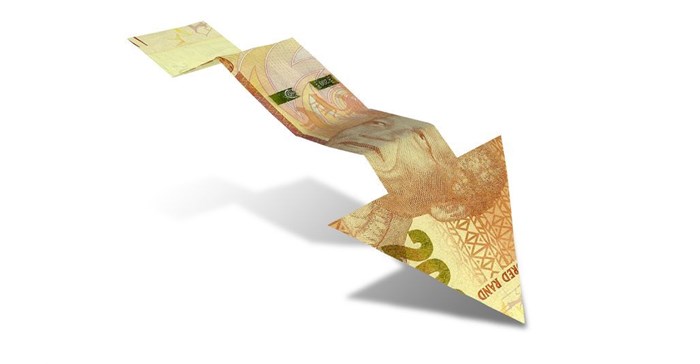
Top stories






More news


Marketing & Media
Ads are coming to AI. Does that really have to be such a bad thing?














Professors Bonke Dumisa from the University of KwaZulu-Natal and Raymond Parsons from the North West University School of Business and Governance both agreed that external factors were behind Monday morning’s rand melt down, which saw the currency reach over R15 to the dollar – for the first time in two years.
Dumisa said the market manipulators were behind the fall of the rand and other emerging markets across the globe.
“It started with the US imposing 20% tariffs on the Turkish lira, dropping immediately and a run on the currency, which is threatening the banking system in the country,” he said.
The situation was exacerbated by currency manipulators who decided to make a killing on the emerging markets currencies.
“It has very little to do with the South African domestic economic indicators.
“Many of us would have loved to see the petrol price go down in September because the rand was showing signs of significantly improving. The petrol price today is at $72, as opposed to $80 in July. But as it is now, if the situation with the rand does not improve and goes back to what it was over the past two weeks (R13.20), then I’m afraid we might see petrol prices going up again in September.
“But I don’t want to call it just yet because this thing might just fade.”
“So it’s all a matter of being opportunistic.”
Despite being optimistic, Dumisa warned that if the situation persisted at these levels, it would spell doom for the country’s inflationary outlook.
“I don’t think it will be a long-term thing, otherwise the consequences will be very dire for the South African economy.”
Parsons concurred, pointing out that global markets were currently going through a bad risk-aversion phase, mainly as a result of the economic crisis in Turkey.
“Investors are nervous chiefly because of concerns about Turkey, which are dragging down other emerging market currencies like the rand,” he said.
As Dumisa pointed out, another factor was that of the rising US interest rates.
Parsons said this makes investment in the US seem more attractive and drains funds from emerging markets.
He said the prospect of trade wars between the US and China is also presently not good news for emerging markets.
“Even if the rand recovers in the short-term, the international economic environment at the moment still presents a worrying outlook.
“Of course, exporters gain from a cheaper rand but imports will cost more. The most important domestic risk would be further rises in fuel costs and the petrol price. We have already seen what earlier trends in the global oil price, a weak rand and fuel levies have done to motoring costs.”
To avoid vulnerability to external shocks and rand volatility, South Africa needs to make its economy less dependent on short-term capital inflows, Parsons said.
“Global capital flows of this kind often reflect sudden shifts in global sentiment and are easily reversed, as we now are again experiencing. Not for nothing are such capital flows often described as 'hot money'. As a highly liquid currency, the rand then responds, depending whether such investors want to increase or decrease their exposure to emerging markets like SA. Domestic factors then also come into play in their decision-making,” said Parsons.
The country, he said, needed to do more to attract long-term capital investment in physical or commercial development and business needed to be encouraged to take a long-term view of South Africa’s economic potential.
SAnews.gov.za is a South African government news service, published by the Government Communication and Information System (GCIS). SAnews.gov.za (formerly BuaNews) was established to provide quick and easy access to articles and feature stories aimed at keeping the public informed about the implementation of government mandates.
Go to: http://www.sanews.gov.za